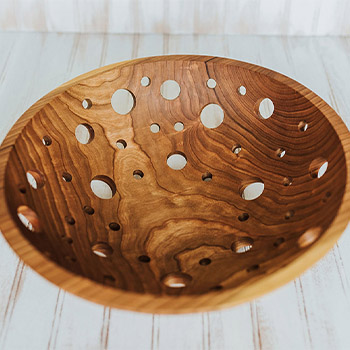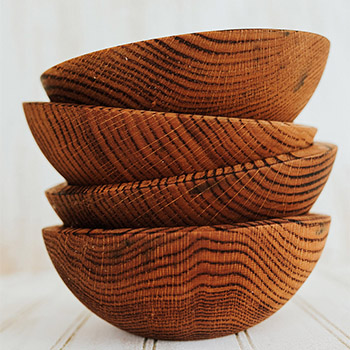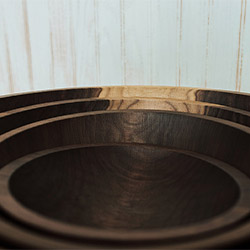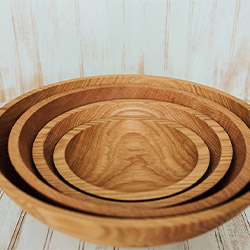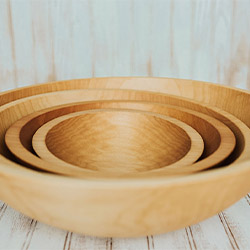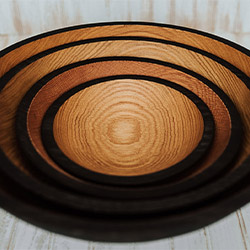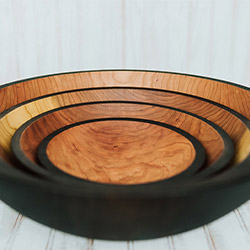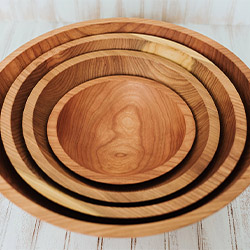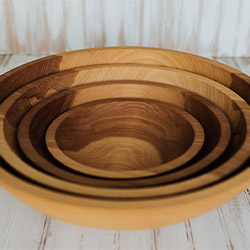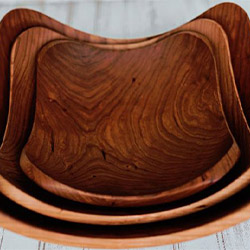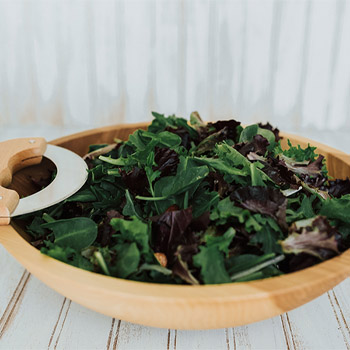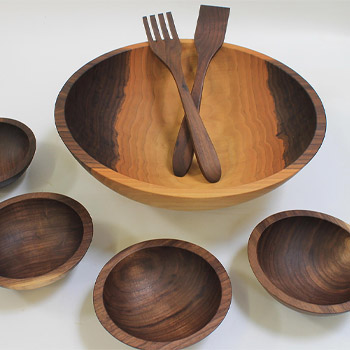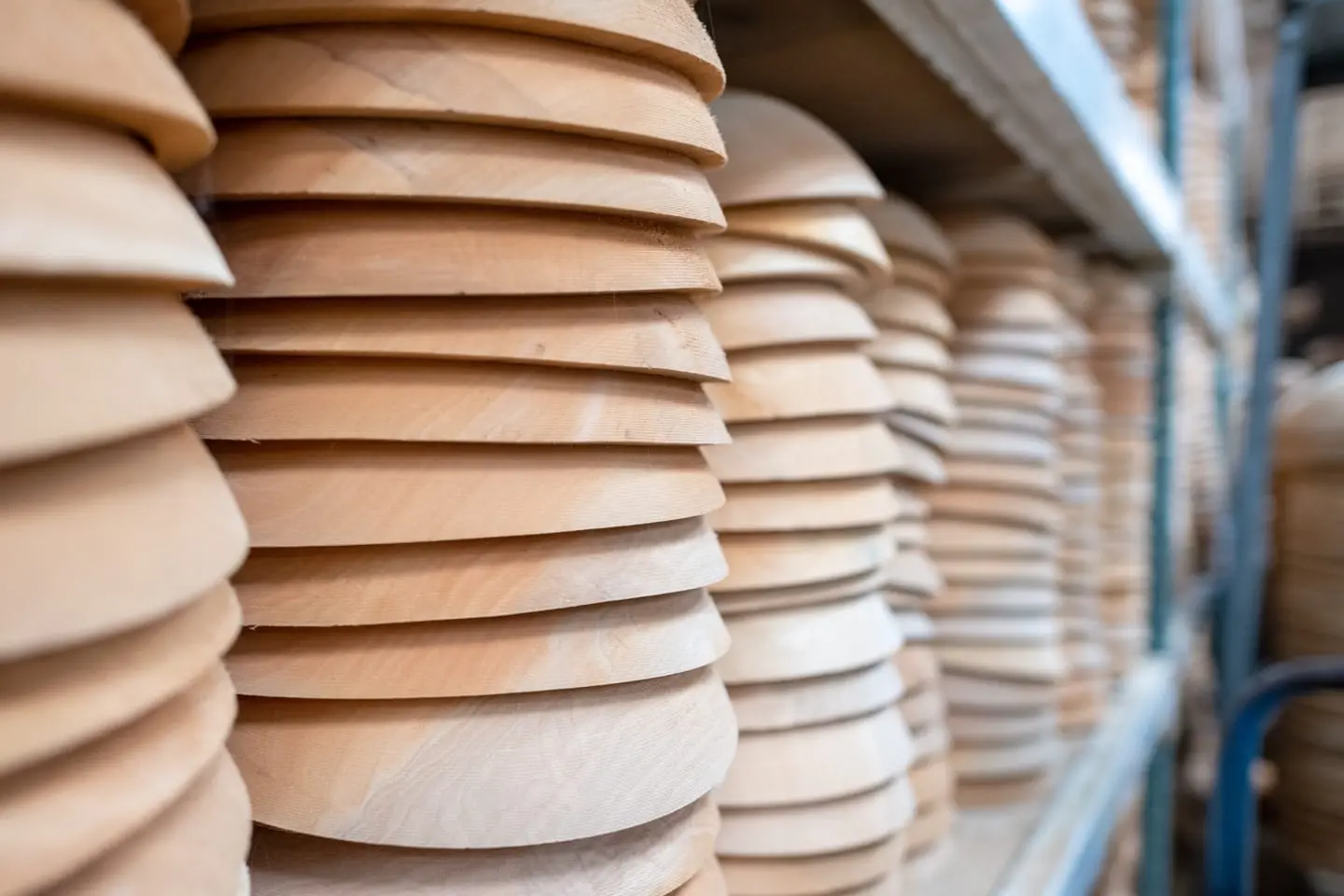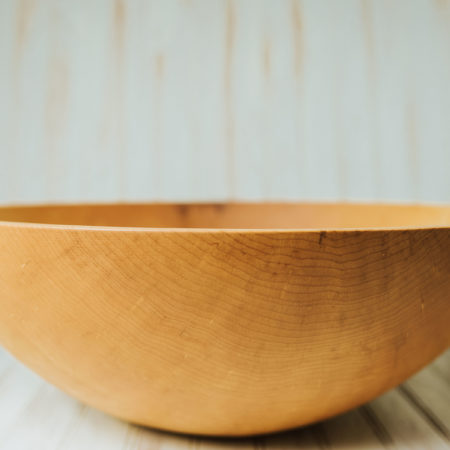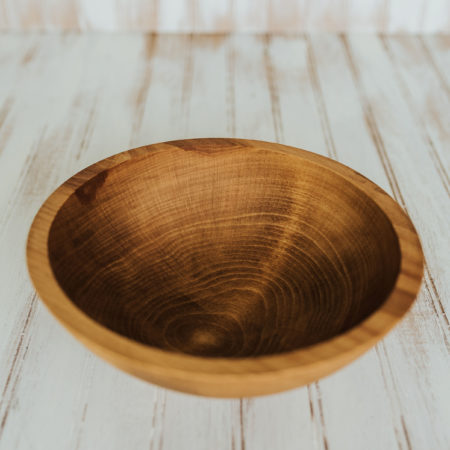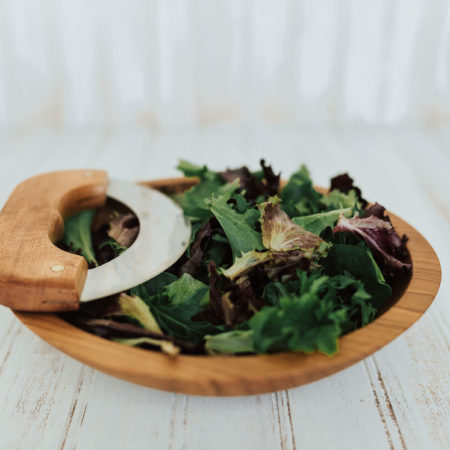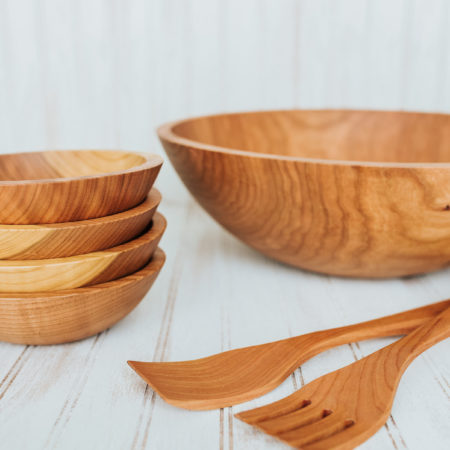The Basics of Protecting Your Wooden Utensils
Are you tired of your wooden utensils getting damaged and worn out? Well, you’re in luck! This article will show you the basics of protecting your wooden utensils from Holland Bowl Mill with the basics.
You’ll learn the right type of wood to choose from and proper cleaning and drying techniques.
And don’t worry; we’ll also cover regular oil treatments for maintenance and the correct way to store your beloved utensils.
Say goodbye to common mistakes and hello to long-lasting wooden utensils!
Key Takeaways
- Consider hardness and durability when choosing wood
- Use eco-friendly cleaning methods with warm water and mild dish soap
- Regular oil treatments prevent mold growth and maintain quality
- Store utensils upright in a designated spot to prevent damage
Choosing the Right Type of Wood
When choosing the right type of wood for your utensils, you’ll want to consider the hardness and durability of different options. It’s important to understand that wooden utensil alternatives not only serve their purpose but also have a positive impact on the environment. Sustainable sourcing is key when choosing the right type of wood for your utensils. Opting for sustainably sourced wood ensures that you contribute to our forests’ preservation and our planet’s overall health.
One popular choice for wooden utensils is bamboo. Bamboo is known for its strength and durability, making it an excellent option for serving others. It is also highly sustainable as it grows quickly and regenerates without replanting.
Another great option is olive wood. Olive wood is beautiful, incredibly hard, and resistant to bacteria. It adds a touch of elegance to your table while providing a long-lasting utensil.
Maple wood is another fantastic option for your utensils. It is a dense and durable wood that can withstand the test of time. Maple wood is also naturally antibacterial, making it a hygienic choice for serving food.
Lastly, beech wood is popular due to its affordability and versatility. It is a strong and sturdy wood that can handle everyday use in the kitchen.
Proper Cleaning and Drying Techniques
To ensure they stay in good condition, clean and dry your wooden utensils properly. Wooden utensils are not only beautiful, but they also have a natural antibacterial property that helps prevent bacterial growth. By following a few simple steps, you can keep your wooden utensils in top shape and ensure they are safe to use in the kitchen.
When it comes to cleaning your wooden utensils, it’s important to use eco-friendly cleaning methods. Avoid harsh chemicals and opt for natural cleaning agents instead. A mixture of warm water and mild dish soap is usually sufficient to remove any food residue. Gently scrub the utensils with a soft sponge or brush, making sure to reach all the crevices. Rinse them thoroughly with warm water to remove any soap residue.
After cleaning, it’s crucial to dry your wooden utensils properly. Excess moisture can lead to the growth of mold and bacteria, which can damage the wood. Instead of air-drying, which can take a long time, use a clean towel to dry the utensils immediately after washing. Make sure to dry them thoroughly, paying special attention to the handles and any joints or seams.
To further protect your wooden utensils, it’s a good idea to periodically apply a food-safe oil or wax. This helps to seal the wood and prevent it from drying out or absorbing liquids. Simply rub a small amount of oil or wax onto the utensils, let it absorb for a few hours, and wipe off any excess.
Regular Oil Treatments for Maintenance
Regular oil treatments are essential for maintaining the quality and longevity of your wooden utensils. Regularly applying natural oils to your utensils can prevent mold growth, and enjoy the many benefits of using natural oils.
Using natural oils on your wooden utensils has numerous benefits. Firstly, natural oils provide a protective barrier that helps prevent moisture from seeping into the wood. This is crucial in preventing mold growth, as mold thrives in damp environments. Applying oil regularly creates a barrier that keeps your utensils dry and prevents mold from taking hold.
In addition to preventing mold, natural oils also help to nourish and rejuvenate the wood. Over time, wooden utensils can become dry and brittle, leading to cracks and splinters. By applying oil, you moisturize the wood and enhance its natural beauty. The oil penetrates the wood, bringing out its rich colors and grain patterns, making your utensils look exquisite.
When choosing natural oils for your utensils, choose food-safe options such as mineral, coconut, or beeswax. These oils are non-toxic and won’t taint the taste of your food. Simply apply a small amount of oil to a clean cloth and rub it into the wooden surface. Allow the oil to penetrate for a few minutes, then wipe off any excess.
Regular oil treatments are a simple yet effective way to maintain the quality and longevity of your wooden utensils. By preventing mold growth and nourishing the wood, you can ensure that your utensils remain in excellent condition for years to come.
Storing Wooden Utensils Correctly
Storing wooden utensils correctly is vital to maintain their quality and durability. As someone who desires to serve others, you understand the value of well-maintained utensils in your kitchen. By following proper seasoning techniques and taking care when storing your wooden utensils, you can enjoy the benefits they bring to your cooking experience.
Firstly, let’s talk about the benefits of using wooden utensils. Wooden utensils are gentle on your cookware, especially non-stick pans, as they do not scratch the surface. They are also heat-resistant and won’t melt or warp when used in hot dishes. Additionally, wooden utensils are non-reactive, meaning they won’t interact with acidic ingredients like metal utensils do, ensuring the flavors of your dishes remain pure.
To properly store your wooden utensils, you should always clean and dry them thoroughly after each use. Moisture can cause wooden utensils to warp or develop mold, so it’s essential to keep them dry. Once they are clean and dry, find a designated spot in your kitchen where they can be stored upright, such as a utensil holder or a jar. This will prevent them from getting squished or damaged in a drawer.
Remember, seasoning your wooden utensils regularly is just as important for their longevity. Applying a food-grade mineral oil or beeswax to the utensils every few weeks will help to seal the wood and prevent it from drying out and cracking. Simply rub the oil or wax onto the utensils using a clean cloth and allow them to absorb the treatment overnight.
Avoiding Common Mistakes in Wooden Utensil Care
Avoiding common mistakes in caring for wooden utensils is crucial to maintain their quality and extend their lifespan. Wooden utensils have become increasingly popular due to their natural beauty, durability, and eco-friendly nature. They offer several benefits over plastic or metal alternatives, including their ability to withstand high heat, their resistance to scratching non-stick surfaces, and their non-conductive properties. However, to fully enjoy these benefits, it is important to care for them properly.
One common mistake to avoid is cross contamination with wooden utensils. Unlike plastic or metal utensils, wooden utensils have natural antibacterial properties that help prevent the growth of harmful bacteria. However, if not cleaned and stored correctly, they can still harbor bacteria from raw meat, poultry, or fish. To prevent this, always wash wooden utensils with warm soapy water after each use and avoid soaking them for long periods of time. Additionally, make sure to dry them thoroughly before storing.
Summary
In conclusion, taking proper care of your wooden utensils is essential to ensure their longevity and maintain their quality. By choosing the right type of wood, cleaning and drying them properly, regularly oiling them, and storing them correctly, you can protect your wooden utensils from damage and keep them in great condition for years to come.
Remember to avoid common mistakes in wooden utensil care, such as soaking them in water or exposing them to extreme heat. With these basic steps, your wooden utensils will serve you well in your kitchen adventures.

